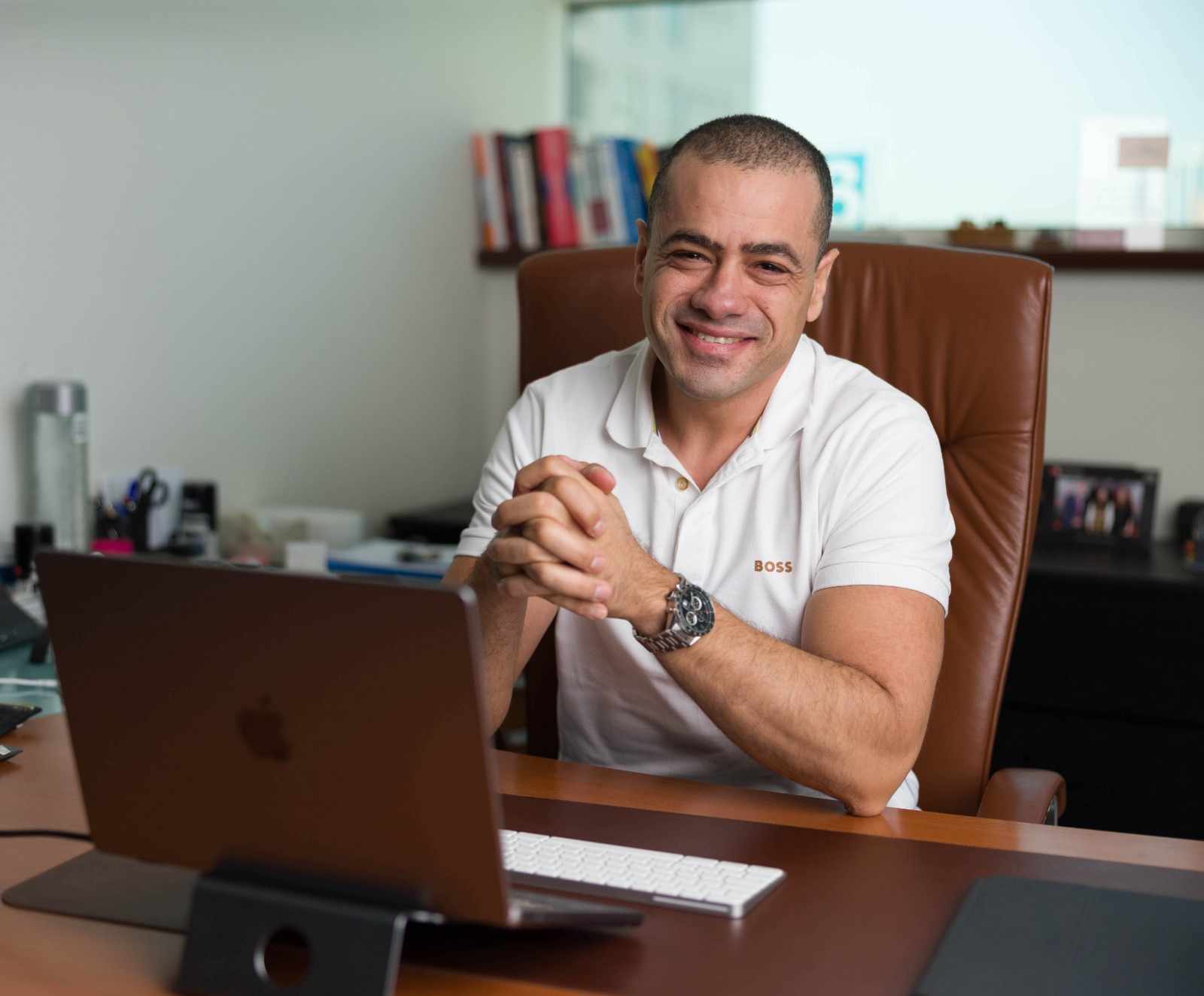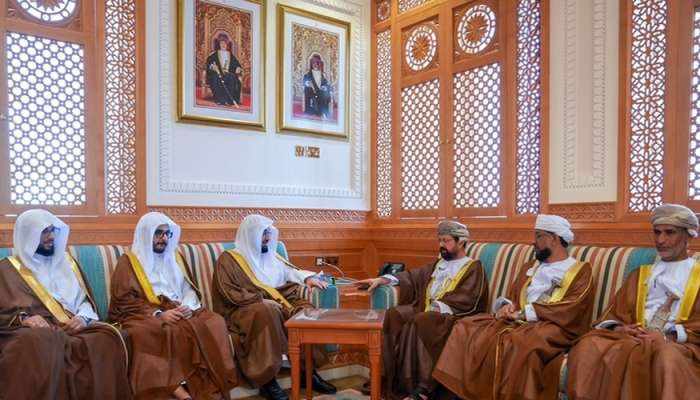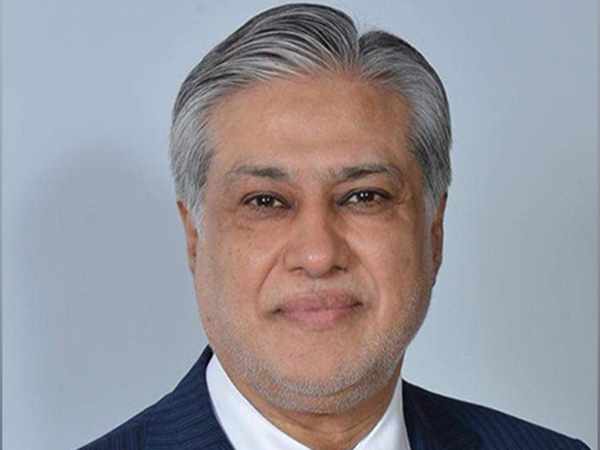Saudi-China collaboration raises concerns about access to AI chips
- Date: 10-Oct-2023
- Source: Financial Times
- Sector:Technology
- Country:Saudi Arabia
Saudi-China collaboration raises concerns about access to AI chips
Simply sign up to the Artificial intelligence myFT Digest -- delivered directly to your inbox.
Saudi-Chinese collaboration in artificial intelligence has stirred fears within the Gulf kingdom’s premier academic institution that the ties could jeopardise the university’s access to US-made chips needed to power the new technology.
Professor Jinchao Xu, an American-Chinese mathematician at Saudi Arabia’s King Abdullah University of Science and Technology (Kaust), has launched AceGPT, an Arabic-focused large language model, in collaboration with the Chinese University of Hong Kong, Shenzhen (CUHK-SZ), and the Shenzhen Research Institute of Big Data.
The move is part of Saudi Arabia’s efforts to lead the regional development of AI technology, building large supercomputers and rolling out LLMs, the technology that underpins generative AI systems such as chatbots. Along with the United Arab Emirates, the Gulf powerhouse is seeking to compete with AI companies and create bespoke models for Arabic speakers.
Western officials have long expressed concerns about growing technology transfer between their traditional allies in the Gulf and China.
The US has expanded export licence requirements for graphics processing units made by Nvidia and AMD, preventing Chinese entities from accessing the cutting-edge chips that are vital in building generative AI models. But the Biden administration has stopped short of























